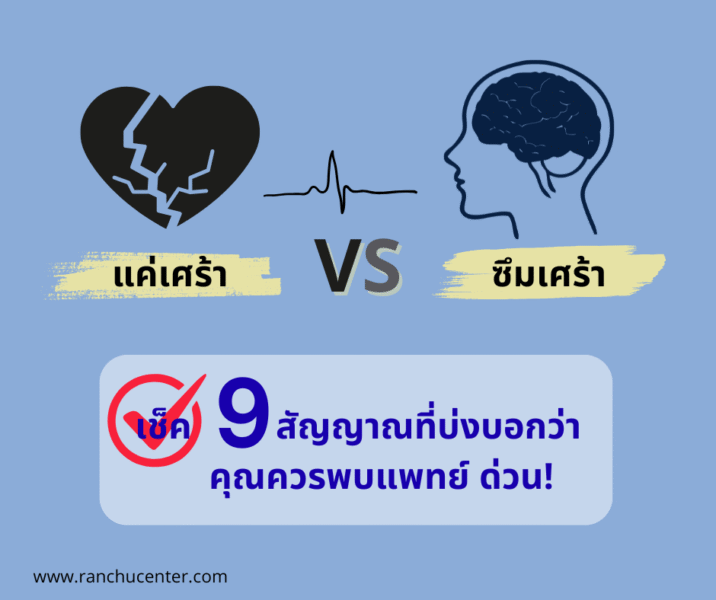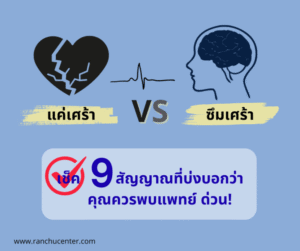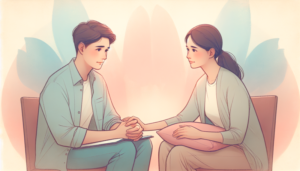Relationship Counseling: A Path to Healing and Improvement
เวลาอ่านโดยประมาณ: 12 นาที
Key Takeaways
- The importance of relationship counseling in enhancing emotional well-being and connections.
- Common relationship problems and the urgency of addressing them, according to statistics.
- Key components and types of relationship counseling including individual, couples, and group therapy.
- Benefits of counseling such as improved communication, conflict resolution, and emotional intimacy.
- Significance of choosing the right counselor and guidelines for seeking professional help.
Table of contents
In a world where relationships can be both a source of joy and a challenge, relationship counseling offers couples a vital lifeline. This professional assistance helps partners navigate their challenges and find resolutions. It is essential for couples who desire to transform their relationship struggles into a healthier partnership. The importance of relationship counseling cannot be overstated; it promotes emotional well-being and fosters healthier connections.
When couples seek help for relationship problems, they not only address immediate issues but also enhance their overall mental health. In this blog post, we will explore the various aspects of relationship counseling and how it can significantly improve connections between partners. By understanding the emotional and psychological benefits, couples can discover the power of seeking professional help when facing difficulties.
Understanding Relationship Problems
Every couple faces challenges at one point in their relationship. Common relationship problems may include:
– Communication breakdowns: Misunderstandings often escalate into larger conflicts.
– Trust issues: Past betrayals or insecurities can lead to a lack of trust between partners.
– Financial disagreements: Differing spending habits may cause significant friction.
– Differences in values or goals: Long-term aspirations can diverge and create tension.
According to statistics from the American Psychological Association, approximately 40-50% of marriages in the U.S. end in divorce. This significant number highlights the urgency of addressing relationship issues before they escalate. Seeking help for relationship problems early on can prevent damaging consequences and lead to healthier relationships. For more insight on addressing challenges, check out our post on problems in relationships.
Source:problems in relationships
What is Relationship Counseling?
Relationship counseling is a vital process that involves several stages to address and resolve issues effectively. The key components of this process include:
1. Initial Assessment: The counselor evaluates the couple’s relationship, identifying areas that require attention.
2. Goal Setting: Couples collaborate to create specific, achievable goals to work towards during counseling.
3. Ongoing Sessions: Sessions focus on improving communication skills and conflict resolution strategies while providing a safe space for open dialogue.
Counselors and therapists play a crucial role in guiding conversations between partners. They offer neutral perspectives, ensuring that each partner feels heard and valued.
There are various forms of relationship counseling, including:
– Individual Counseling: Addresses personal issues affecting the relationship.
– Couples Therapy: Targets dynamics specific to the couple.
– Group Therapy: Couples can learn from the experiences of others.
Each counseling method aims to guide couples in improving their relationships. For more details, you might find our article on couples therapy helpful.
Source:couples therapy
Why Seek Help for Relationship Problems?
There are numerous benefits to seeking help for relationship problems. By engaging in counseling, couples may experience:
– Improved Communication: Therapists can teach techniques that foster open dialogue, allowing partners to express their feelings openly and honestly. For essential communication strategies, see our blog on communication in relationships.
– Conflict Resolution: Counselors offer strategies to help couples negotiate and resolve differences effectively.
– Enhanced Emotional Intimacy: Exercises designed to deepen emotional connections enable partners to understand one another better.
Real-life examples illustrate the positive transformations that can happen when couples embrace counseling. Many have reported improvements in their relationships, showcasing diverse scenarios:
– A couple may overcome persistent arguments about household responsibilities.
– Partners might rebuild trust after infidelity.
– Couples could learn to navigate financial discussions with greater ease.
These success stories reinforce the idea that seeking help can lead to improving relationships and a more satisfying partnership.
Source:communication in relationships
Improving Relationships through Counseling
Relationship counseling provides couples with critical tools and strategies to improve their connection. Some key tools include:
– Active Listening: This technique encourages partners to fully understand each other’s perspectives, fostering empathy.
– Expressing Needs and Feelings: Couples learn how to articulate their feelings appropriately, leading to a clearer understanding of one another’s needs.
– Managing Conflicts Constructively: Counselors equip partners with strategies to navigate conflicts without unnecessary escalation.
Recognizing when it’s time to seek help is crucial. Signs that counseling may be beneficial include:
– Persistent Arguments: Frequent disputes that are unresolved can signal deeper issues.
– Feelings of Disconnection: Partners may feel emotionally distant from one another, indicating a need for reconnection.
– Ineffective Communication: Couples struggle to express themselves, leading to misunderstandings and resentment.
For insights on improving emotional intimacy, refer to our article on emotional intimacy in relationships.
Source:emotional intimacy in relationships
Couples Therapy: A Deep Dive
Couples therapy differentiates itself from other forms of relationship counseling by concentrating on the dynamics between partners rather than solely focusing on individual issues. Common techniques used in couples therapy include:
– Emotionally Focused Therapy (EFT): This method emphasizes understanding and reshaping emotional responses to enhance connection.
– The Gottman Method: A practical approach aiming to increase intimacy and respect between partners, using research-based interventions.
Case studies have revealed the profound impact of couples therapy on relationships. Look at some of the success stories:
– A couple worked through years of unresolved conflicts, ultimately achieving a deeper emotional bond.
– Partners benefited from increased satisfaction and harmony, showcasing higher success rates post-therapy.
The effectiveness of couples therapy drives home the fundamental purpose of relationship counseling: helping couples navigate their challenges and enhance their relationships. For further reading on couples therapy techniques, see our post on types of therapy.
Source:types of therapy
Tips for Finding the Right Counselor or Therapist
When seeking relationship counseling, choosing the right professional can greatly impact the outcomes. Here are some guidelines:
– Check Qualifications: Ensure that the counselor has appropriate credentials and a background in relationship issues.
– Consider Compatibility: Finding a therapist with whom both partners feel comfortable is essential for open communication.
– Seek Expertise: If couples have specific challenges, they should look for professionals who specialize in those issues.
There are various ways to find a counselor, including:
– Referrals: Asking friends or family for recommendations can lead to trustworthy options.
– Online Directories: Websites like Psychology Today allow individuals to browse qualified professionals based on location and specialization.
By taking these steps in choosing a therapist, couples can set themselves on the path to overcoming relationship challenges.
Source:Psychology Today
สรุป
In summary, relationship counseling plays a crucial role in improving relationships and addressing issues that can lead to distress or disconnection. It is essential for couples to view counseling as a proactive step towards enhancing their partnership and overcoming challenges. Seeking help for relationship problems can significantly improve bonds and emotional health.
We encourage you to reflect on your relationship and explore professional options. An initial consultation may serve as an excellent starting point toward a healthier future with your partner. Don’t hesitate to take that important step!
































